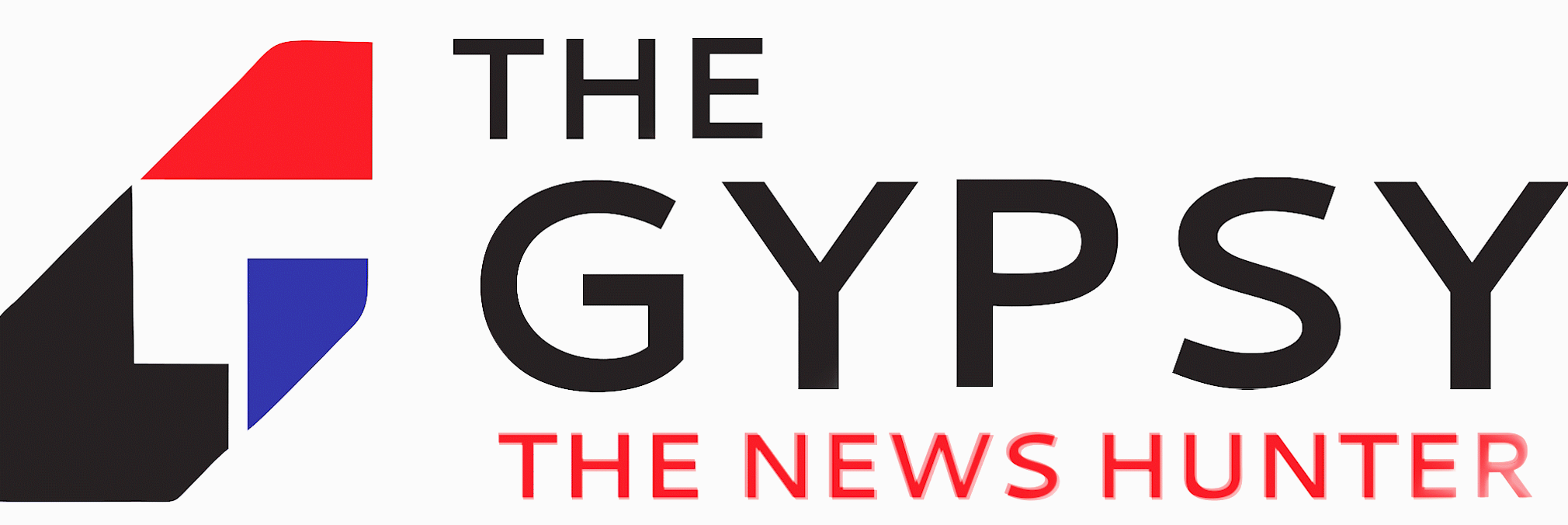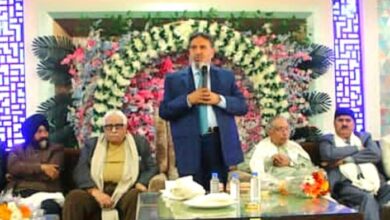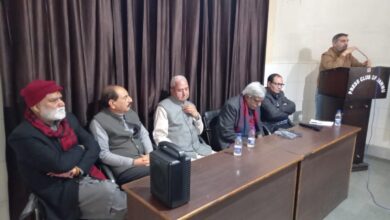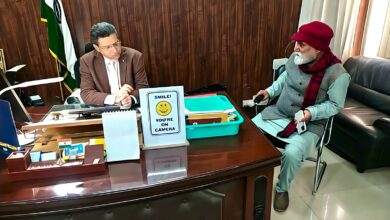4G Internet Back In J&K: Some Go Gaga, Call It A Game-changer, Others Gripe
The Centre had suspended 4G internet services in Jammu and Kashmir on August 4, 2019, a day before it abrogated Article 370
Srinagar, February 06, 2021: There is excitement and cynicism in the air in Jammu and Kashmir as the government restored 4G internet services in the region on Friday. High speed internet facilities were suspended in the Union territory on August 4, 2019, just a day before the Centre abrogated Article 370.
Many in the Valley believe that the restoration of 4G internet services is the first step and that it will soon be followed by the region regaining its special status with the restoration of Article 370.
But many others don’t share such optimism. They believe there is nothing more the Central government can provide Jammu and Kashmir. Locals have also expressed doubts about how long high-speed internet services will remain available in the Valley adding that the government’s recent move is nothing but an image-building exercise following international outcry over internet suspension in the national capital at the farmers’ protest sites.
To prove their point, they argue that the administration turned a blind eye to previous requests made by numerous political parties and local organisations. After every such appeal the government would issue an advisory, arguing in favour of suspension of 4G internet services claiming that restoration may lead to violence, locals said.
However, in a surprise move, the government restored high-speed internet services on Friday going against its own order that had extended the ban up to February 6.
Political analyst Zafar Choudhary believes that this is the, “first measure part of a wider political package which may lift a few more restorations in the region in the coming months.”
Also, many locals harbour the view that the government hasn’t done any favour on the people by restoring internet.
“I actually see some going out of their way to thank govt functionaries for 4G restoration. They’re not offering us charity. We should be asking for compensation for our deprivation and losses” tweeted Editor of Kashmir Times Anuradha Bhasin, who was the first to file a petition before the Supreme Court against the communication blockade imposed on Jammu and Kashmir on August 4, 2019.
Meanwhile, many political parties have already started taking credit for the Centre’s move. For instance, Apni Party leaders have claimed that the government’s move follows party president Altaf Bukhari meeting with Prime Minister Narendra Modi.
However, politics aside, biggest beneficiary of government’s move are the students and traders.
Hundreds of businessmen had to close their businesses and shift to other places due to the communication blockade.
The prolonged ban on high-speed internet complimented with the pandemic, badly affected the student community who could not rely on online classes to continue their education, unlike the rest of the country.
Interestingly, soon after the Centre’s announcement demand for broadband services have soared in the urban pockets of the region, especially Srinagar.
The government over the years has learned the art of distributing “internet” services in Jammu and Kashmir. The internet can be suspended area-wise on the orders of the police. The snapping of the internet is one of the major indications that help people understand the situation is not ‘normal’.







